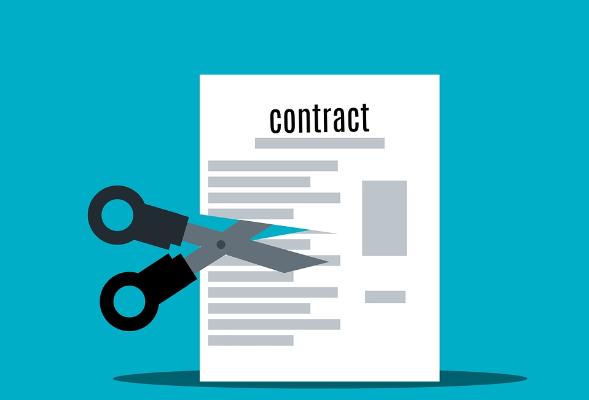
So, you want to quit your job.
For whatever reason you are about to end your career in your current workplace. Perhaps you have found a new job opportunity thanks to Ominee, you need to move to another country, the work environment is toxic and/or too stressful, or perhaps you have won the lottery (lucky you).
Here we would like to give you some advice on how to properly close this chapter of your career.
1. TAKE YOUR TIME TO DECIDE IF IT’S THE RIGHT MOMENT
Quitting your job might not be an easy decision, and it surely must not be made on the spot.
Take your time to think about it: ask advice from friends, family member, colleagues you trust, but come to a decision which is the best for you, not for others. Naturally, the consequences of quitting a job vary depending on the context, and everyone has their own circumstances.
We’re sure many of us at least once would have loved to just shout “That’s it, I quit” at our boss, but important decisions should never be made when feeling anger or frustration.
Your emotions regarding your current role must be taken into consideration, whether they are positive or negative, but the actual decision should be made with a rational mind and a cool head, if possible.
If there are tensions at the workplace, too much stress or an excessive workload, sometimes talking with your manager or directly with the employer can improve the situation without the need to resign.
If you have found another job, it’s probably best to wait until they have officially hired you before you resign from your current position, just as a safety measure. Sometimes, though, you might just need to resign as soon as possible, for whichever reason.
2. TALK TO YOUR SUPERVISOR OR TO HR
Once you have decided you want to resign, ask your manager, supervisor, employer, or HR for a meeting, and tell them about your intention to quit the job.
Remember that you are not obligated to specify the reason you are leaving, but it is usually appreciated as it can be helpful for the management and the company in general. Feedback is always useful.
Most importantly, be sure to keep the conversation polite and professional; even amicable, depending of your familiarity.
If you have a good relationship with your manager/supervisor/employer, this could also be an opportunity to thank them for the opportunities and the experience, as well as to agree on how to wrap up your current projects and pass your tasks on to other colleagues before you leave.
If, instead, your relationship is strained, try talking with HR first (if there is an HR department).
Remember that most employers understand that employees might want to pursue a new career. Your goal should be to remain on good terms and maintain a relationship that may lead to good references and/or future opportunities, so be honest but keep a professional attitude.
Furthermore, it is always better not to leave bad blood or rifts behind; it benefits no one.
3. GIVE DUE NOTICE
So, you’ve had your talk with the supervisor and have decided to resign. Let your employer know you are quitting as soon as possible.
Write an official resignation letter, sign it, and give it both in printed form and via e-mail to the proper person – if you have doubts, ask – to give the mandatory notice, which might be two weeks, less, or more, depending on your contract and the country you live in.
The resignation letter does not have to be overly long, though it can be if you want. However, the letter should be very clear, polite, and include the following information:
- A statement declaring you are resigning;
- The effective date of your resignation;
- The reason you are leaving. As previously said, you are not required to, but feedback is often appreciated;
- A paragraph where you thank the company for the experience (good or bad, still experience is. We would advise against using sarcasm, but the decision is yours);
- Your name and legible signature
4. WRAP UP YOUR WORK
During your last period of time at the company, you should try to finish any project you can and pass on your work to your co-workers, in agreement with the management.
Remember to write down the location of important files, which documents and instruments are needed for your job, if there are some important things to look out for, and other crucial information. Make this document readily available to the management and those who will replace you.
You might also need to train a new employee, or give some pointers to a colleague that does not have your expertise with a specific task.
Do your best to make the transition as smooth as possible.
5. GIVE YOUR THANKS FOR THE EXPERIENCE
Depending on the workplace and on how long you’ve worked there, you may have developed new skills, forged strong bonds, gained expertise and grown as a professional.
This experience has hopefully given you all the above and opened up new job opportunities, so it is only proper to take your time to personally thank co-workers and leaders with whom you’ve worked closely; perhaps even the employer.
This is also a way to help you grow your professional network. One day you might be in a position to help or receive help from a former colleague.
Want to know how to succeed in a job interview? Click here.
Do you prefer some tips on how to get to a job interview? Read this article.